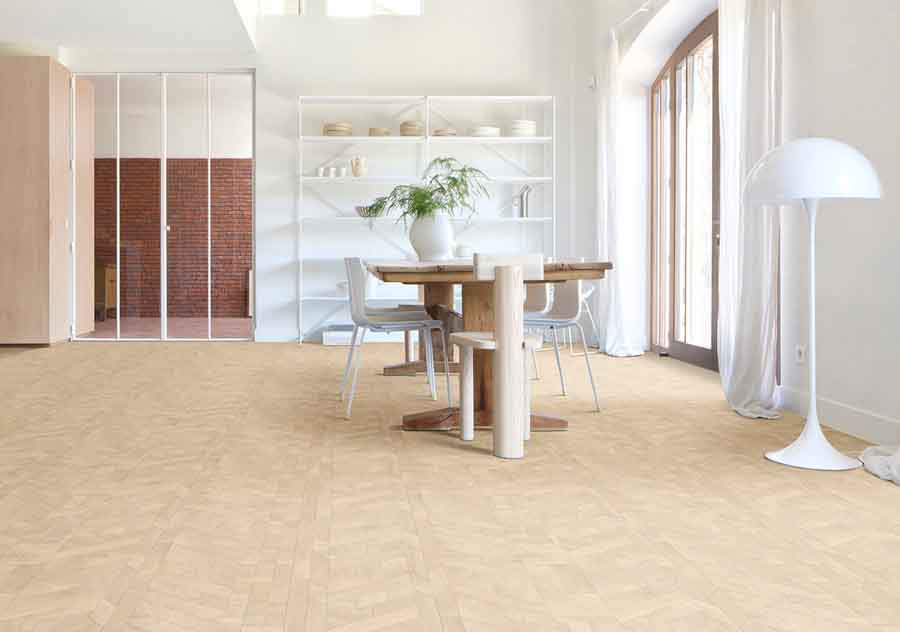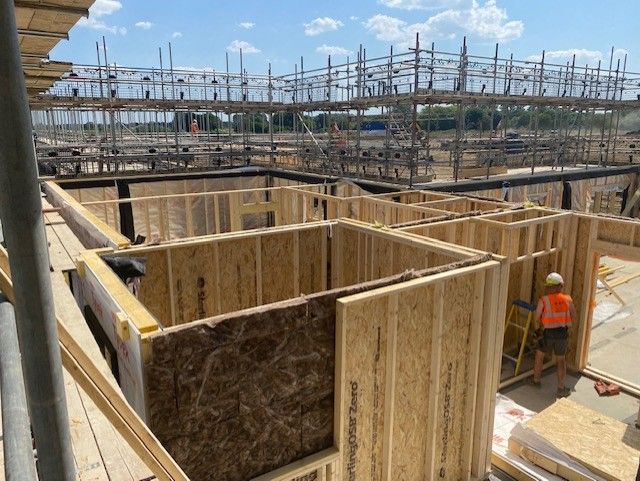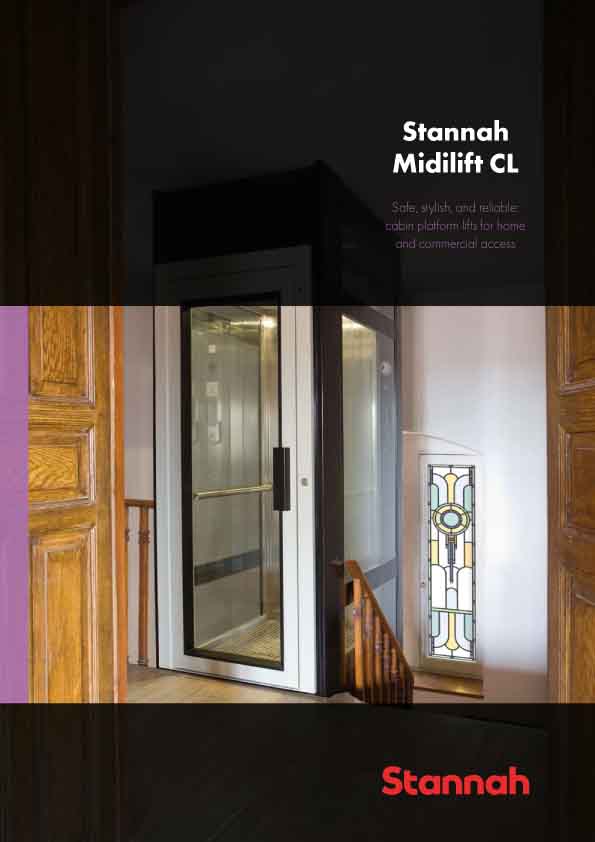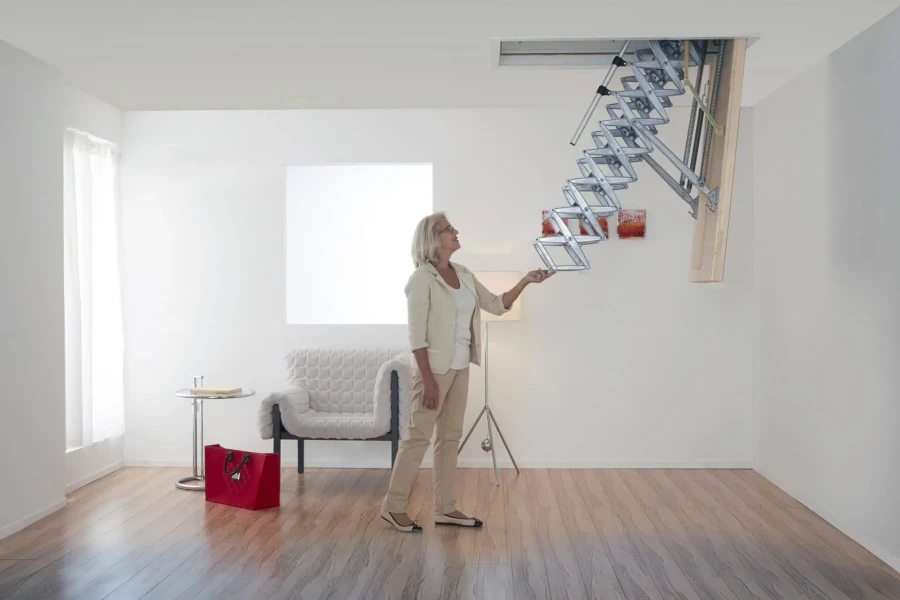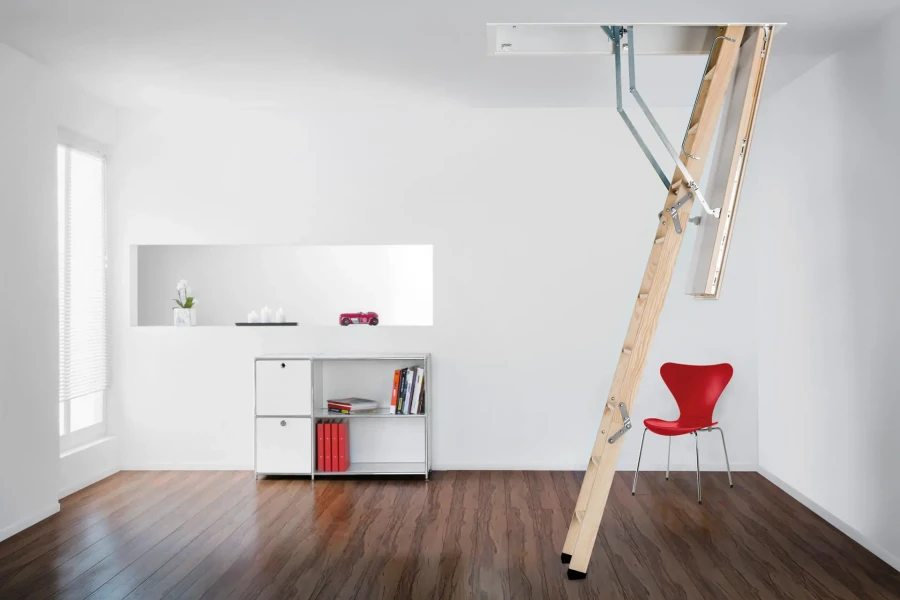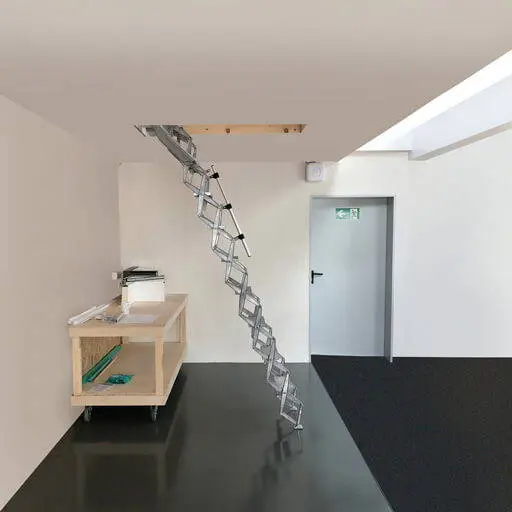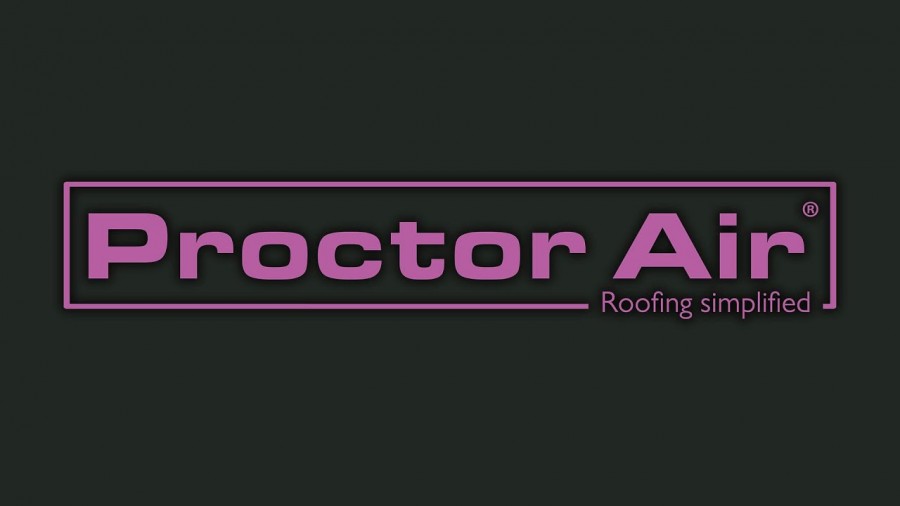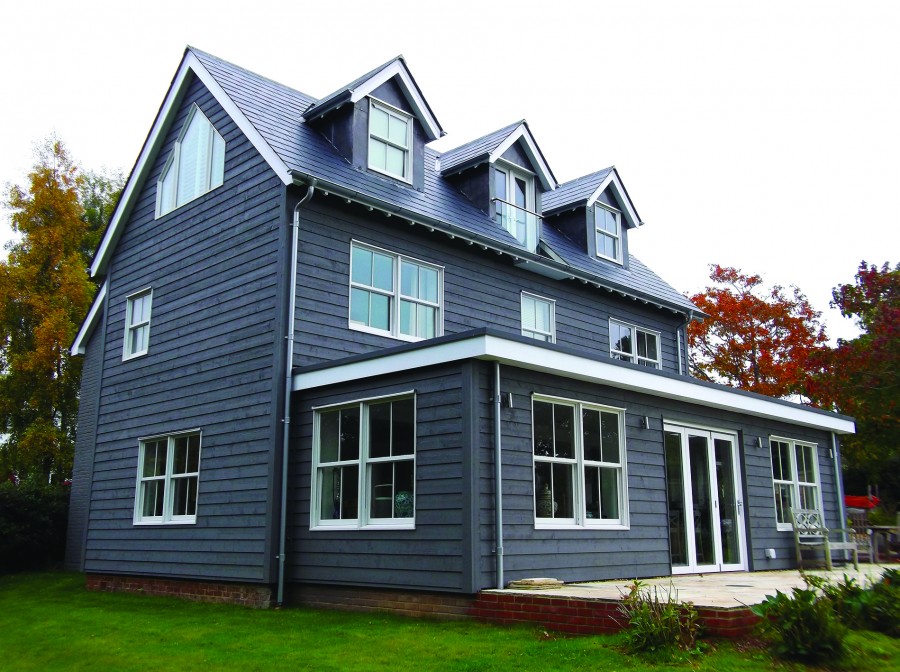
Modern fenestration is being tasked to deliver ever-increasing performance
levels. Gary Hutton, general manager at Black Millwork, gives his advice on how
architects and specifiers can make sure the windows and doors they choose will
live up to 21st century expectations.
Maximising natural light in buildings has a vast number of benefits. For example exposure to natural daylight can actually improve health, mood and social interactions making for a much more enjoyable environment – it can even kill bacteria in buildings helping them stay clean.
In fact, studies in hospitals have shown that patients in sunny rooms recover on average 2.6 days quicker and take 22% less pain medication. Increasing daylight penetration is therefore extremely important but this consideration must also balance with the increasing need for greater thermal efficiency.
Some figures quote that as much as 25% of heat being lost from a building is through the windows and doors. One answer to this is to reduce the amount of fenestration, however the occupants would miss out on all of the before mentioned beneἀts and the energy spend on artificial lighting would increase. The only other option is to use high performance units with low U-values.
Modern fenestration has come a long way in recent years with double and triple glazed units far outperforming the single glazed units of yesteryear. To put this into perspective, if you were to take a house that is being heated to maintain an internal temperature of 21°C, when the outside temperature dropped below zero you could expect surface temperatures on various types of glazing as follows: 1°C on single glazed windows, 16°C on modern double glazed windows and 18°C on triple glazed windows. Using fenestration units with high U-values will cause cold zones to form around them, in turn causing convection draughts.
To maintain a good level of thermal efficiency architects and specifiers such choose units with U-values no higher than 1.5 W/m2K if double-glazed or 1.0 W/m2K if triple-glazed. Consideration of the frame material is also important for thermal performance. Interestingly, as well as being an aspirational choice in terms of aesthetics, timber is also recognised as one of the best natural insulators available.
As a result of the advances in thermal performance, glazing is no longer seen as the weak point in a building’s fabric and is now being considered in much larger expanses. Supporting this, frame technology has also improved so that many units from high quality manufacturers can be made into almost any size or shape and have the strength to be used architecturally – opening up a whole new world of possibilities.
Of course, performance is not just limited to insulation and strength but also must include aesthetic and on-going maintenance requirements. Aluminium clad fenestration has become increasingly popular in recent years and for good reason. Not only does it offer a smooth uniform finish, aluminium is also a very low maintenance and sustainable specification choice as it is impervious to corrosion and can be easily recycled. Timber windows are also a very sustainable choice and, thanks to modern treatment and ἀnish technology, can offer extremely long maintenance free lifespans.
Fenestration is one of the most important considerations for any project as it has such a big impact on the external and internal aesthetic, overall performance and occupant comfort. By using high quality units and seeking advice from experienced manufacturers, architects and specifiers can ensure that they are making the best choice.








